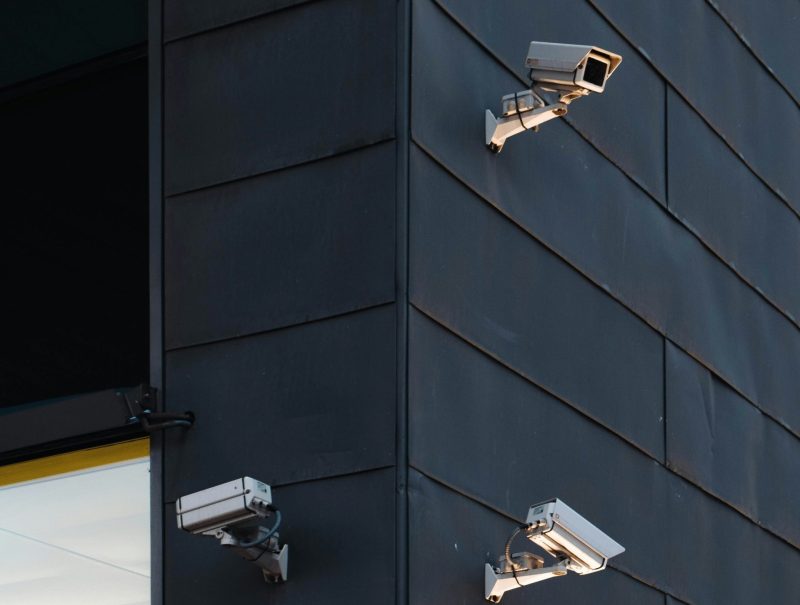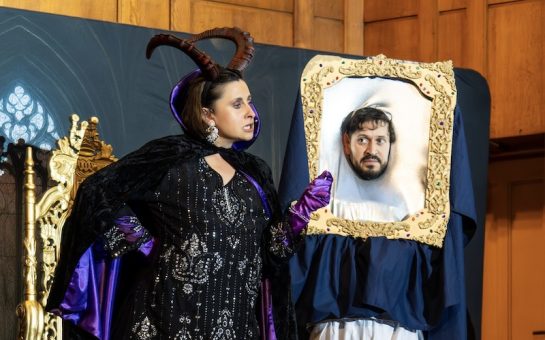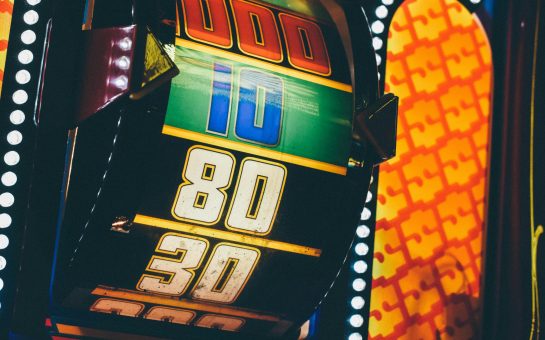George Orwell’s novel 1984 was inspired by the rise of authoritarian society in Europe during World War II, including continual surveillance.
Orwell was concerned about Stalin and Hitler’s use of power to breach citizens’ privacy when writing 1984.
The infamous ‘Big Brother’ (inspired by Stalin) is used as a poster in the novel with the slogan ‘Big Brother is always watching you’, and instills dread among the book’s populace.
The image appears on coinage, telescreens, and enormous posters displayed across the city, proving that no one is free unless they are being monitored.
According to the UpcomingSecurity website, the UK is fourth in the world in terms of the number of CCTV cameras, with five million, and London alone has 691,000 cameras.
In addition, live facial recognition is becoming more common in the UK.
Facial recognition uses a person’s face to verify their identification and can be used to identify people in photographs, videos, or in real time.
The Metropolitan Police state on their website: “It acts as a real-time aid to help officers locate people on a ‘watchlist’ who are sought by the police.
“And it’s a retrospective system used after an event to help officers establish who a person is or whether their image matches against other media held on databases.”
While the police utilise it to make it easier to locate criminals, some say it infringes on an individual’s rights by invading their right to privacy in the same way that ‘Big Brother’ does.
Big Brother Watch, a UK non-profit civil liberties campaign group, aims to reclaim that privacy and defend freedoms at this time of enormous technological change.
Their ‘Stop the Met Police using facial recognition surveillance’ petition has reached more than 47,000 out of 50,000 signatures.
Madeleine Stone, Senior Advocacy Officer at Big Brother Watch, said: “London is one of the most surveilled cities in the world, with more CCTV cameras per person than Beijing.
“Not only do the number of cameras in public life continue to increase, but many now come equipped with a dizzying array of AI-powered, intrusive capabilities.”
“Cameras with dystopian features like facial recognition, emotion detection, mask and temperature detection and crowd analysis are being used on our high streets, in schools, hospitals and in our neighbourhoods.
“We urgently need an independent national CCTV review to assess the scale and risk of the new era of AI-powered surveillance in the UK.”
They claim that police and private companies in the UK are increasingly using facial recognition technology to constantly surveillance citizens.
The technology works by creating a ‘faceprint’ of everyone who passes in front of the camera — processing biometric data as sensitive as a fingerprint, often without anyone’s knowledge or consent.
UCL medical first year student Aaliyah Abdullahi, who read the book earlier this year, said: “It’s scary how we’re living similarly to the book, with surveillance everywhere.
“I feel like I can’t walk anywhere in London without being recorded.”





